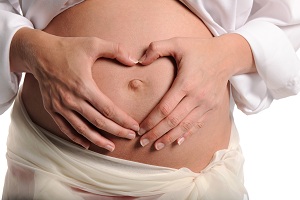Researchers at the University of Edinburgh have identified a hormone that facilitates implantation of the embryo. The discovery could help improve current techniques for assisted reproduction.
Each month the hormones send specific chemical signals to the uterus, so as to make it favorable to pregnancy. The newly fertilized eggs are indeed very sensitive and require a special environment. Any change is likely to invalidate the implant and make the pregnancy shipwrecked in the bud.
Scientists do not yet know what the exact characteristics necessary for implantation of the embryo are. However, a team from Edinburgh has identified a hormone that appears to be involved in the process, the DHEA. The DHEA hormone decreases significantly over a lifetime. It could therefore play a key role in female infertility due to age or other factors.
The researchers tested the effects on healthy tissues donated by women who were undergoing unrelated interventions. The uterus cells treated with DHEA have developed twice the proteins associated with the embryo implant. The hormone has also increased the production of active androgens, mainly male hormones.
According to the researchers, these last hormones could be linked to the positive changes detected.
It is still early to talk about a real treatment for infertility. According to the lead author of the study, Dr. Gibson, the discovery is still an important step. It could help to better understand how the implant works in utero. In this way it would be easier to develop treatments to facilitate it.
Source: ed.ac.uk
















